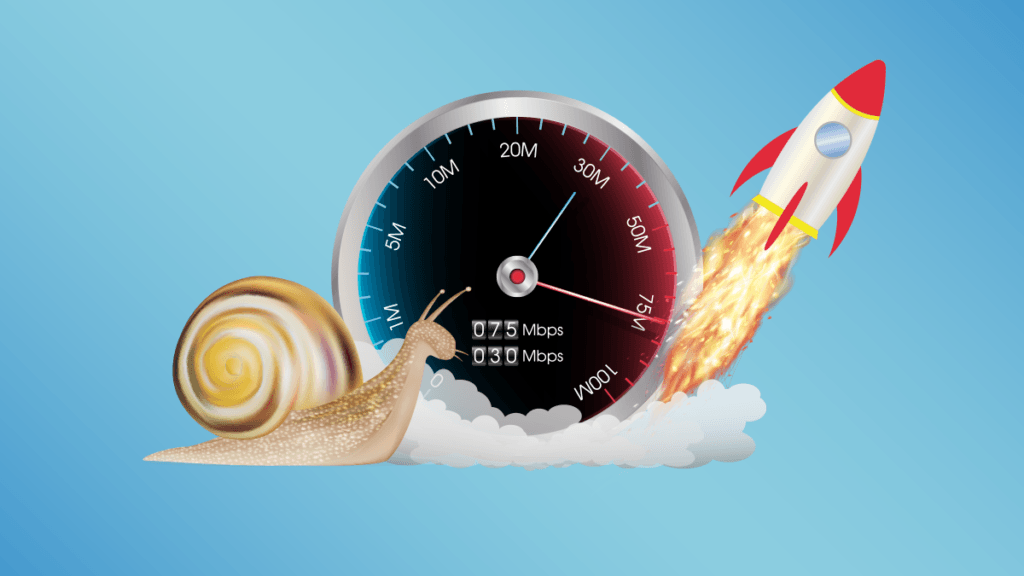
Have you ever wondered why it takes so long for a song to download or for your Netflix to stream? Or perhaps, you’re someone who takes their internet speed for granted and never encounters problems. Inside Telecom has collected some facts about World Internet Speeds and the things that impact them.
The global average broadband internet speed is 11.03Mbps (megabits per second).
The good news is that the global average speed is rising fast. Average global broadband speeds are increasing. This year speeds reached an average of over 11 Mbps in comparison to 2018, which saw a global average of 9.10Mbps – a rise of 20.65% –.
It should be taken in to account however that the country’s most responsible for the rising average are those (minority) high-income countries, which contain already-faster established infrastructure and are also seeing the highest and most significant rollouts and emergences of the latest technologies. In comparison, there is little development –and consequently, little change in availability or uptake in faster technologies or infrastructure in those countries that have the lowest internet speeds.
Taiwan has the fastest internet speed in the world overtaking Singapore with an average speed of 85.02Mbps.
Taiwan is a highly developed nation and the major cities have FTTP (fiber to the premises), which can deliver the fastest internet in the world. It is currently ranked as the world’s fastest internet with an average speed of 85.02 Mbps.
Yemen has the slowest internet speed in the world with an average speed of just 0.38Mbps.
The rich-poor divide in this country is a well-documented problem and the country’s corruption levels have also grabbed headlines in recent times.
The past government neglected the needs of the people, underserving them, and hence creating many problems for them as a result. The state-run telecommunication company oversees internet connectivity in the country, which goes a long way of explaining why this country has bad connectivity.
The outdated technology used by the telecom industry over there was installed in the 70s and was not designed for data transfer. Currently, the country does not have the means to update or maintain its outdated technology which is why the internet is quite expensive in the country forcing Yemenis to pay a high price for digital connectivity.
It would take over 30 hours to download a 5GB movie file in Yemen while someone in Taiwan could do it in eight minutes.
More Facts about Global Internet Speed
- The five countries with the fastest internet (Taiwan, Singapore, Jersey (UK), Sweden and Denmark) have download speeds around 125 times faster than the five slowest (Turkmenistan, Mauritania, Equatorial Guinea, Democratic Republic of Timor-Leste and Yemen)
- 37 of the 50 countries with the fastest internet are located in Europe, with 10 in Asia or Oceania (Asia-Pacific), two in North America and just one in Africa.
- Europe and parts of Asia are dominating the leaderboard thanks to excellent and constantly improving infrastructure. In all of these cases those countries that rank amongst the world’s highest are those with a strong focus on Fiber optic networks (FTTP)
- 141 countries have average speeds below 10Mbps, a speed deemed by UK telecoms watchdog Ofcom to be the minimum required to cope with the demands of a typical family or small business.
- The future looks bright with global speeds rising by 20.65% in the last year. The truth is not as rosy, as the faster countries are the ones lifting the average, leaving the slowest ones to stagnate thus increasing the digital divide between the richer and poorer nations.